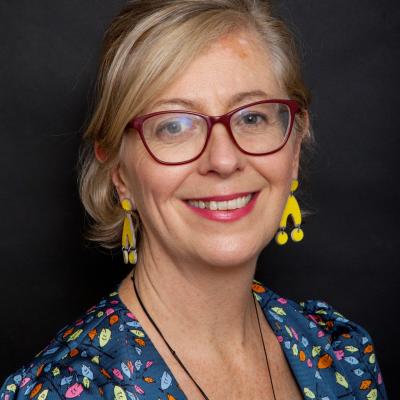Since 2018, the Work and Opportunities for Women (WOW) programme has worked to improve economic opportunities for women in global supply chains. As the programme wraps up this March, the Equalities Resource Hub spoke with Alice Allan, WOW’s Team Leader, about its key achievements, challenges, and lasting impact.
The WOW programme focused on four main areas – building partnerships with companies, conducting critical research on women’s roles in supply chains, running a helpdesk to support UK civil servants to design programmes, and engaging with civil society organisations. WOW has directly benefited women workers and leaves a legacy of research, guidance and tools to foster increased collaboration to advance women’s economic empowerment.
A major focus has been gender-inclusive climate action.
"Women are disproportionately impacted by climate change, but they are also absolutely essential in terms of overcoming and finding solutions to climate challenges,” Alice said.
For example, women smallholder farmers in tea, coffee, and cut-flower supply chains face unpredictable weather patterns and declining yields. Recognising these challenges, WOW supported initiatives like training women as village-based agents, equipping them to sell drought-resistant seeds to local farmers.
WOW also worked to help understand why so few women advance to managerial roles in industries like garment manufacturing. "The challenges are twofold," Alice noted. Many women, due to patriarchal norms, don’t believe they should push for senior positions, she explained, and at the same time, management often resists change.
While training can help address some of these issues, WOW recognised that reducing unpaid care work and taking a holistic approach were key to unlocking women’s full economic potential.
Reflecting on WOW’s seven years, Alice acknowledged that while today’s global challenges are greater and “the operating environment is much harder,” progress has been made.
"The understanding of why you would include and think about gender in your supply chains has changed dramatically," she said.
While WOW may be ending, its tools, research, and partnerships have laid the foundation for ongoing collaboration across industries. As Alice Allan reflects, the progress made in understanding gender dynamics in supply chains is just the beginning of a broader movement towards more inclusive and equitable economic growth.
Browse resources on Economic empowerment in our Library.
You can discover even more WOW resources on the Business Fights Poverty website.
